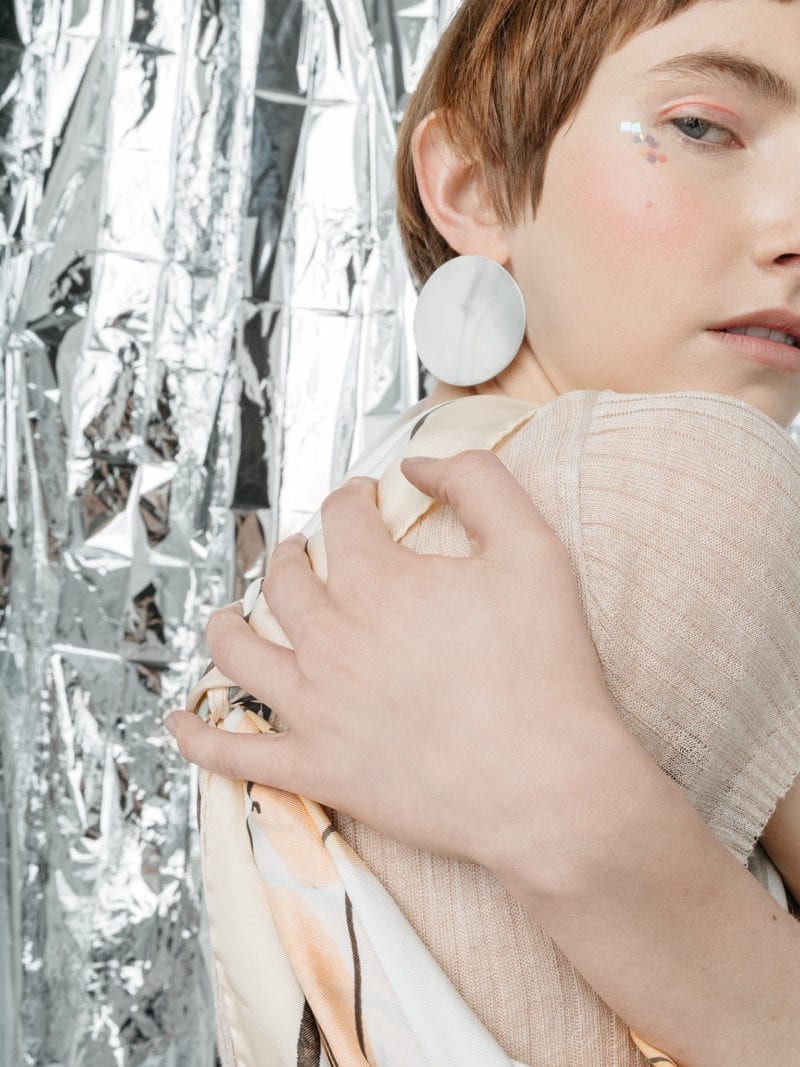During my freshman year of college, I thought I could pull off being best friends with everyone. And I mean everyone. I was in seven different student organizations and had two majors. I thought I could be equally close with everyone in my life. I remember the day I finally realized that not everyone thought the same way.
I was sitting in a coffee shop with a friend from one of my (too many) student organizations. I said something about how sad I was that we wouldn’t all be hanging out after the year ended and people moved on from our group. He completely disagreed.
“Maybe we’ll just be the kind of friends who wave at each other in the halls and grab lunch every now and then, but that’s OK,” he said.
At that point in my life, it was inconceivable to me that someone could not need to be best friends with everyone around them. I was 18, and I expected every relationship to be important for decades. But that’s just not how it works, is it?
It was inconceivable to me that someone could not need to be best friends with everyone around them.
These days, the idea of being best friends with everyone I meet is exhausting. I don’t keep my expectations of other people nearly as rigid anymore, and my relationships are healthier for it. I’ve learned how to hold my friendships loosely while keeping a tight core of friends. I’m so glad I don’t put the same pressure on every fledgling friendship. I’ve moved a lot since college, and I am grateful for the time I have had with each friend, whether that’s six months or a decade.
I’ve learned it is vital to not set unreasonable expectations in your friendships or relationships. So with that in mind, how do you actually do that?
Be honest with yourself.
Are you asking too much of the people around you? Are you putting too much pressure on friends or family members? Spend a moment considering whatever relationship is frustrating you from the other person’s point of view. What comes up?
The hard truth is that we each only have so much to give. British anthropologist Robin Dunbar hypothesized that people can maintain around 150 relationships at once, with just a few people in the inner circle, a dozen or so close friends and a wider array of acquaintances.
Mind you, this is all theory. There aren’t strict limits to how many friends you’re allowed to have. However, the college version of me was wildly overestimating how much emotional bandwidth I or any of my other friends had to form close relationships.
Communicate your needs.
Once you have separated your friends from your acquaintances (or if you’re working on your relationship with family or a significant other), it’s time to be honest about what you need from them. If you’ve been disappointed by something they did or said, they may have no idea! Our default setting as human beings is to consider our own point of view and not think about things from someone else’s. Instead, pursue an honest conversation.
Make sure you take a moment to plan how you’re going to communicate strategically. If you just react in the midst of your disappointment and hurt, you just might make things worse. Sit down with your partner, friend or family member after you’ve had some time to move past your initial reaction so you can communicate when you’re not overtly frustrated.
Be patient.
Close relationships take work and compromise. Just because you set what you think is a reasonable expectation of another person doesn’t mean it’s going to be easy for them to change right away. Extending grace and patience doesn’t mean you’re lowering your expectations. It means you’re being graceful and patient, and that will absolutely help your relationships thrive.
My friend from that jarring coffee shop date was right. We did become acquaintances who said hello in passing and made lunch plans that we followed up on about half the time. However, that conversation helped me reign in my own expectations of other people and it gave me just a little more margin to dig into the relationships that really mattered.
How have you learned to delegate your time for the important people in your life? How do you manage your expectations of others and yourself?
Image via Max Krutz, Darling Issue No. 22










